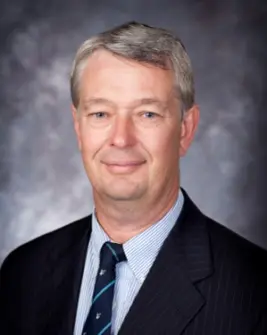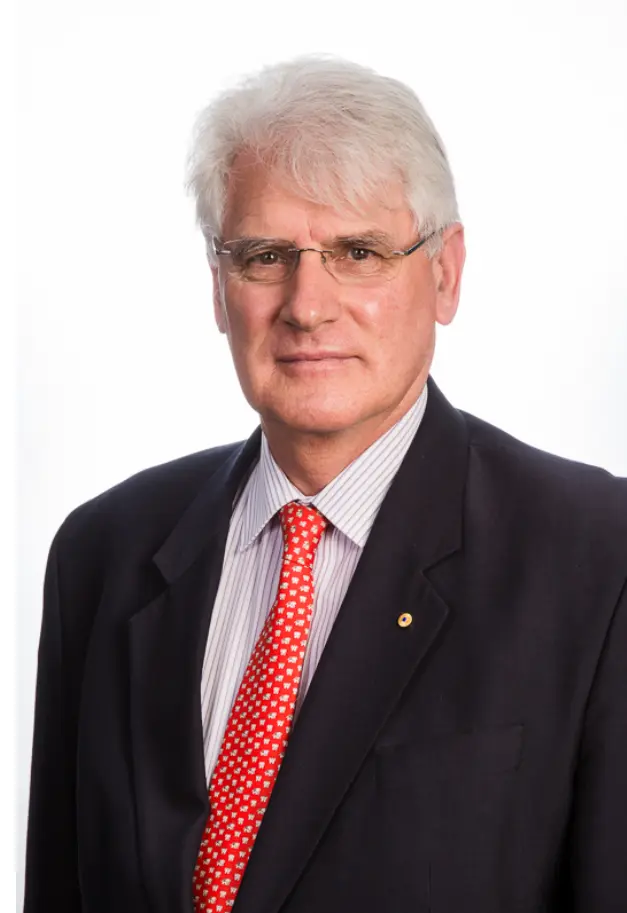The Proposition
Australia is rich with great ideas, innovation and entrepreneurialism. Taking great ideas from a laboratory concept to a working, reliable and trusted space based product is hard and has many steps that need to be taken correctly.
The Earthspace Knowledge Vault provides confidential advice, project planning and deep expertise to assist Australian integrators to grow a level of professionalism to an internationally recognised level.
Earthspace has the aggregate experience of Australian and International space veterans, Engineers and Scientists with real ground up experience of the design, development, fabrication, assembly, integration and test of complex space systems ranging from popular Cubesats to full sized spacecraft including Geostationary Earth Orbit Communications Satellites.
This level of space domain science, engineering, project management and industry experience in a single Australian owned and operated company is unprecedented in Australia. Earthspace will help you be your best.



